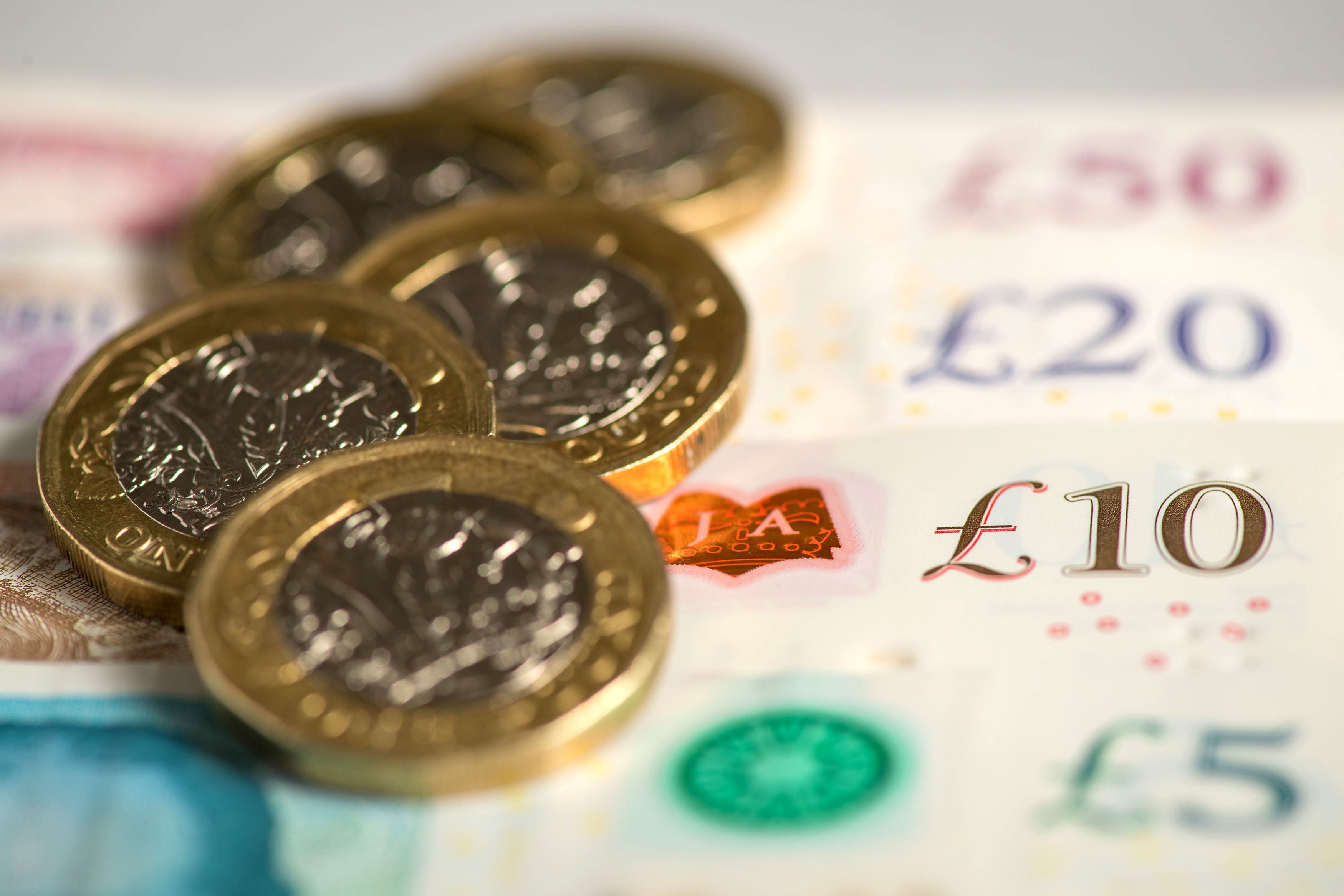Coronavirus lockdown: UK economy grew 6.6% in July as restrictions eased
Output remains 12 per cent below pre-pandemic level as recovery slows down

Your support helps us to tell the story
From reproductive rights to climate change to Big Tech, The Independent is on the ground when the story is developing. Whether it's investigating the financials of Elon Musk's pro-Trump PAC or producing our latest documentary, 'The A Word', which shines a light on the American women fighting for reproductive rights, we know how important it is to parse out the facts from the messaging.
At such a critical moment in US history, we need reporters on the ground. Your donation allows us to keep sending journalists to speak to both sides of the story.
The Independent is trusted by Americans across the entire political spectrum. And unlike many other quality news outlets, we choose not to lock Americans out of our reporting and analysis with paywalls. We believe quality journalism should be available to everyone, paid for by those who can afford it.
Your support makes all the difference.The UK economy grew by 6.6 per cent in July but the recovery slowed down leaving output substantially below pre-pandemic levels, official data showed.
Economists had forecast a 6.8 per cent increase.
Gross Domestic Product (GDP) rose for the third successive month but the UK has regained only around half of the output lost during lockdown. The economy is 11.7 per cent below the peak reached before the coronavirus pandemic began, the Office for National Statistics (ONS) said.
Growth was recorded in all major sectors of the economy as lockdown restrictions eased further in July. Construction enjoyed the strongest expansion with output rising 17.6 per cent in July, however it remains 11.6 per cent below February’s level.
The production sector, which includes manufacturing, reported output 7 per cent below pre-Covid levels after it grew by 5.2 per cent in July following an increase in manufacturing.
The services sector, which makes up almost four-fifths of the UK economy, lagged behind, seeing a 6.1 per cent increase in July, below analysts’ predictions.
Education grew strongly as some children returned to school, while pubs, campsites and hairdressers all saw notable improvements.
However, the performance of services businesses overall will give cause for concern for ministers, given the number of people employed in the sector.
Many service sector jobs, such as those in hospitality and leisure, rely on face-to-face contact. With case numbers rising again, the prospect of renewed restrictions is creating uncertainty for many businesses.
The figures do not show the benefit of a popular government scheme to subsidise meals in restaurants, which ran in August.
Darren Morgan, ONS director of economic statistics, said: “While it has continued steadily on the path towards recovery, the UK economy still has to make up nearly half of the GDP lost since the start of the pandemic.
“Car sales exceeded pre-crisis levels for the first time, with showrooms having a particularly busy time.
“All areas of manufacturing, particularly distillers and car-makers, saw improvements, while house-building also continued to recover.”
James Smith, research director at the Resolution Foundation think tank, said: “The UK economy continued to rebound over the summer as lockdown restrictions eased.
“But it’s the level of activity that matters, which remains hugely down on pre-pandemic levels.
“More worryingly, the rise in Covid cases and return of public health restrictions means we are coming towards the end of the easy economic wins from restarting activity.
“With emergency support to firms and workers being withdrawn, far tougher times lie ahead this autumn.”
The outcome of Brexit trade deal negotiations will also be important in determining the path of the recovery, said Dean Turner, an economist at UBS Global Wealth Management.
“Even with a managed exit from the Brexit transition agreement, it is unlikely that the lost output would be recovered before the end of next year. The latest twist in negotiations raises the prospect that any recovery may take longer,” he said.
“Markets are likely to look through today’s release; the main focus for now is, once again, Brexit. We have argued for some time that any deal with Europe will only come at the very last minute. We are still some way from this.”
Until then, the pound will remain volatile against the dollar, Mr Turner said. “On balance, we remain optimistic that a deal can be reached, and for sterling to recover its recent losses.”

Join our commenting forum
Join thought-provoking conversations, follow other Independent readers and see their replies
Comments